West Bengal To Bring Down Intrastate E-Way Bill Threshold From 1 Lakh To Rs 50,000
Updated: Nov 14, 2023 01:47:30pm
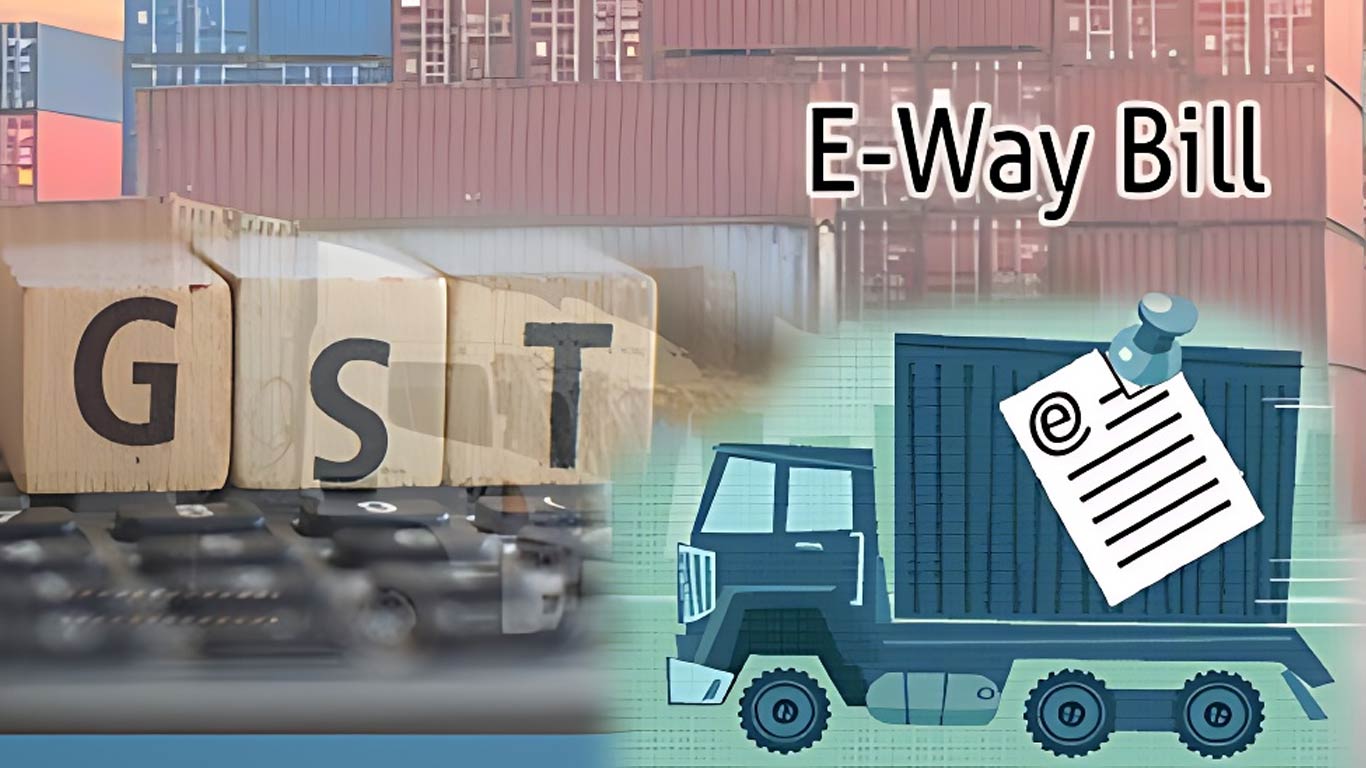
West Bengal To Bring Down Intrastate E-Way Bill Threshold From 1 Lakh To Rs 50,000
Kolkata, Nov 14 (KNN) West Bengal government has decided to align its intrastate e-way bill threshold with the national standard, reducing it from Rs 1 lakh to Rs 50,000 to prevent GST slippage.
A recent West Bengal GST notification said that an e-way bill will be required for the movement of goods valued at over Rs 50,000 within the state. The provision will also apply to job work goods, reported Business Standard.
State GST commissioner Khalid Anwar told PTI that there are two main reasons for tweaking the e-way bill threshold.
"One is to bring parity with the rest of the country, which is already Rs 50,000 for interstate movement of goods. The Rs one lakh threshold for the intrastate movement was often misinterpreted as applying to interstate movement of goods and traders were penalised," he said.
The second reason is that unscrupulous traders are taking advantage of the higher threshold and as a result there is tax slippage. A reduced threshold will help protect tax revenues, he said.
Anwar informed that the state had initially kept the intrastate threshold at Rs one lakh to support small traders to provide breathing time and avoid initial issues with the e-way system. Now that the system is streamlined, the threshold has been reduced.
Sushil Poddar, president of the Confederation of West Bengal Traders Association, reacted to the development by saying that it will place an additional compliance burden on small and tiny retailers and traders.
"The notification, which comes into effect on December 1, 2023, aims to streamline and enhance the monitoring of intrastate movement of goods. Businesses operating in West Bengal must ensure compliance with the amended e-waybill requirements to avoid penalties and disruptions in their supply chain," said Rajarshi Dasgupta, director of Aquilaw.
"The revised limit of Rs 50,000 marks a significant change. Stakeholders should take proactive measures to align with the updated regulations," said Vedika Agarwal, an indirect taxes consultant at Aquilaw.
(KNN Bureau)

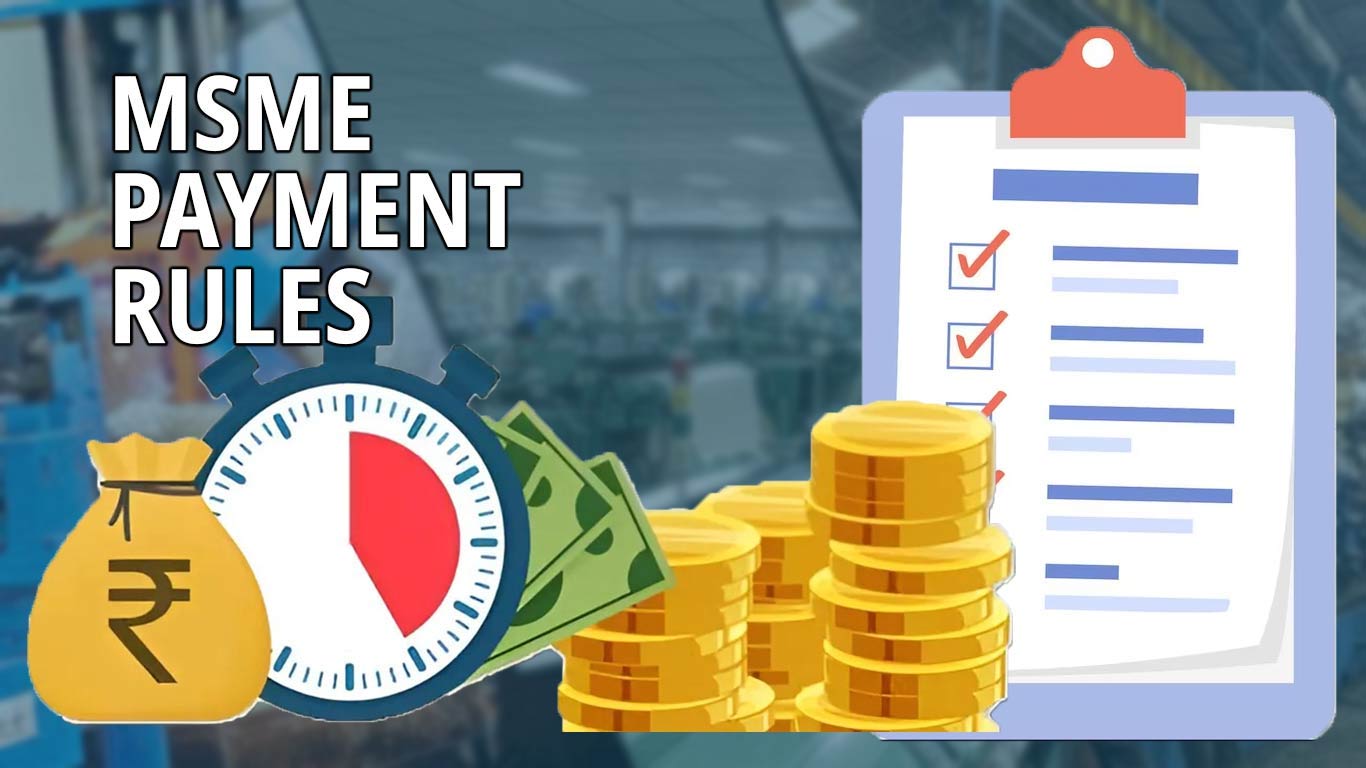
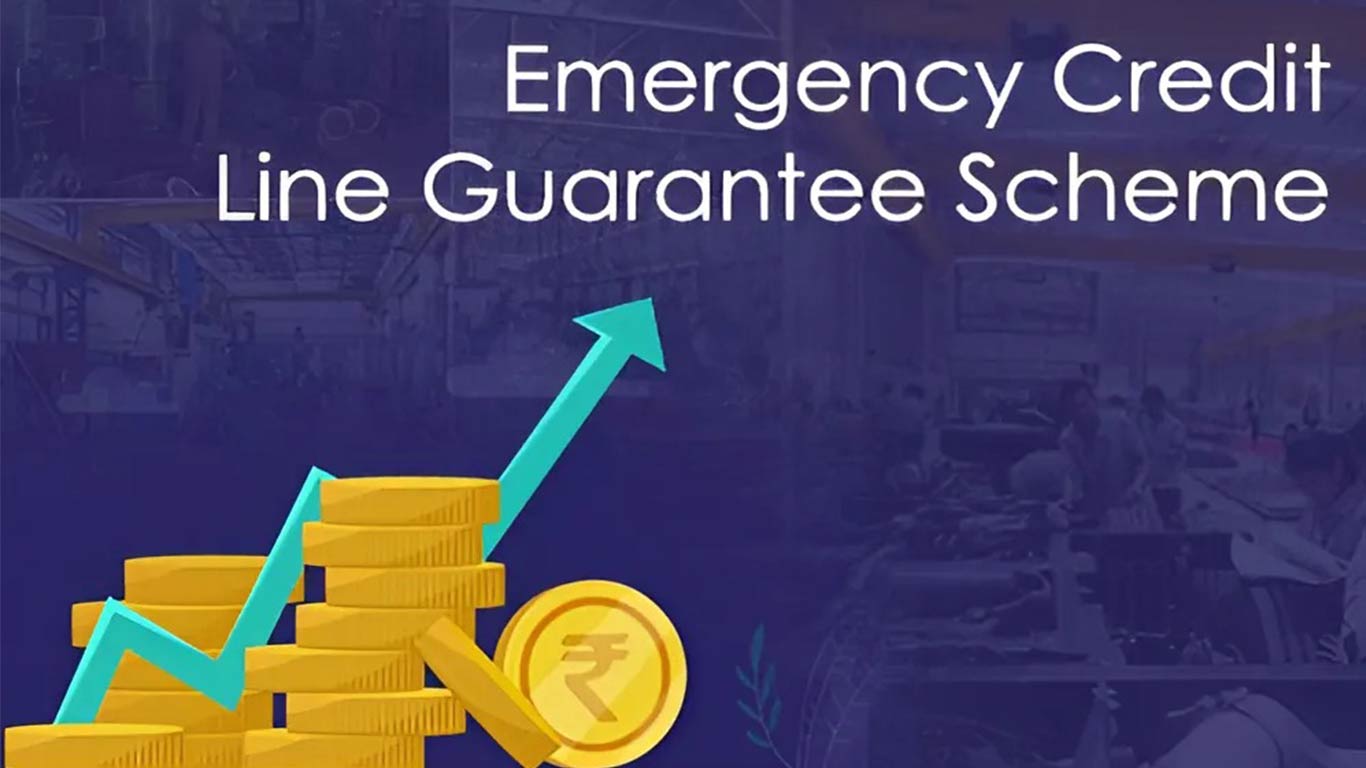
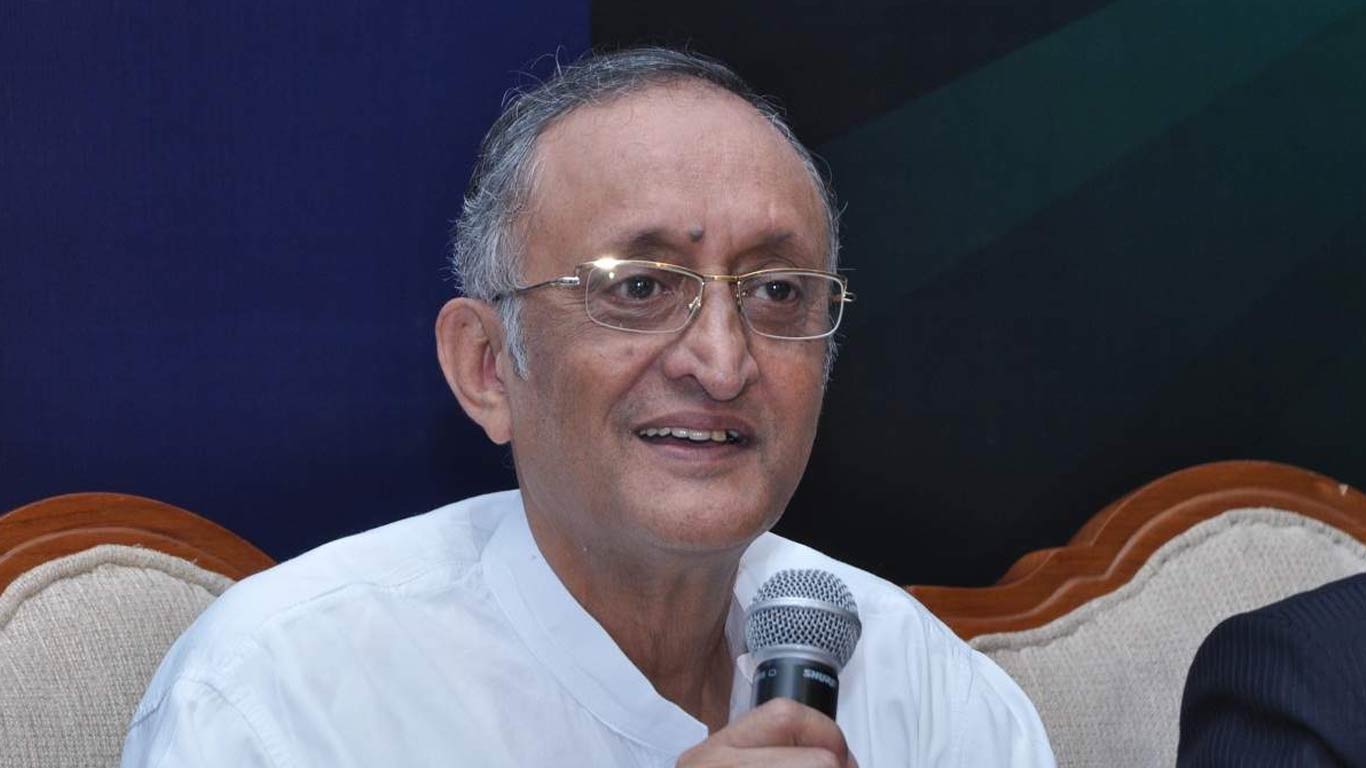
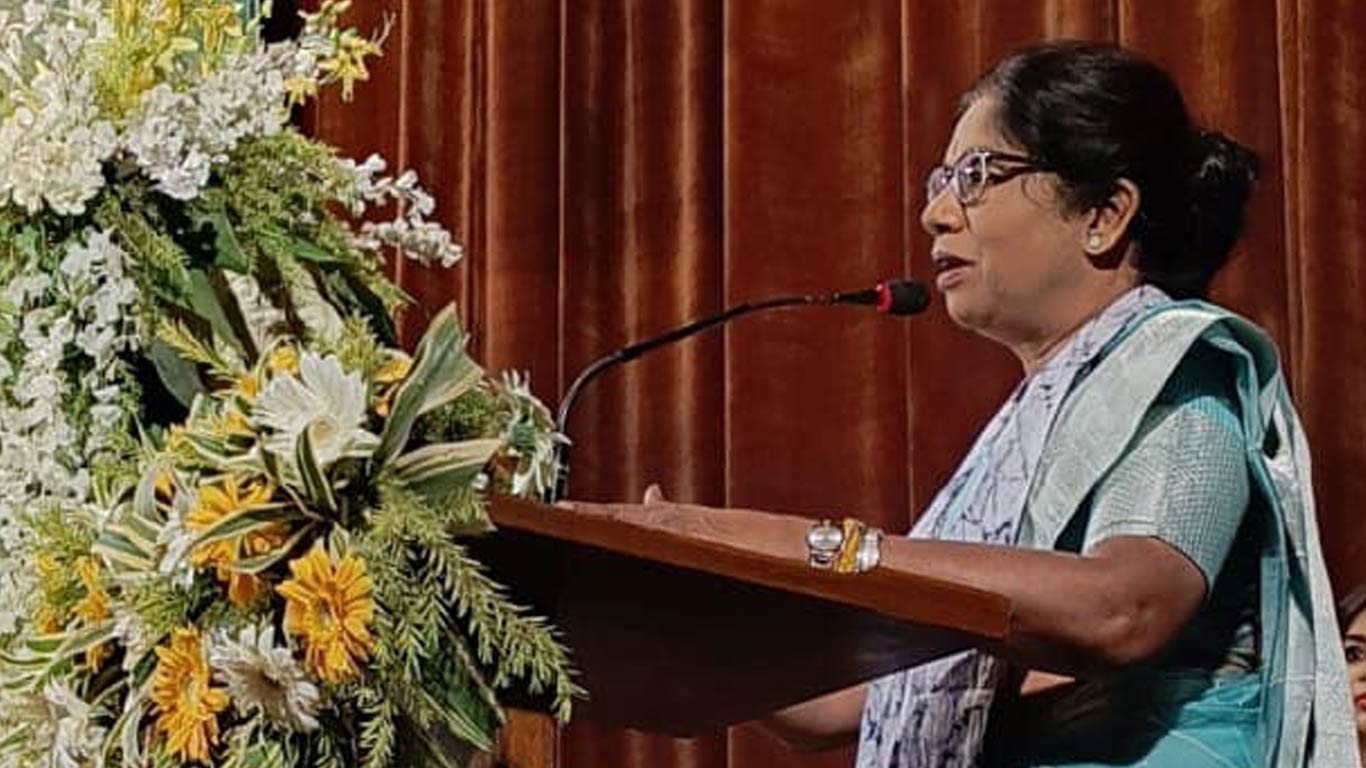
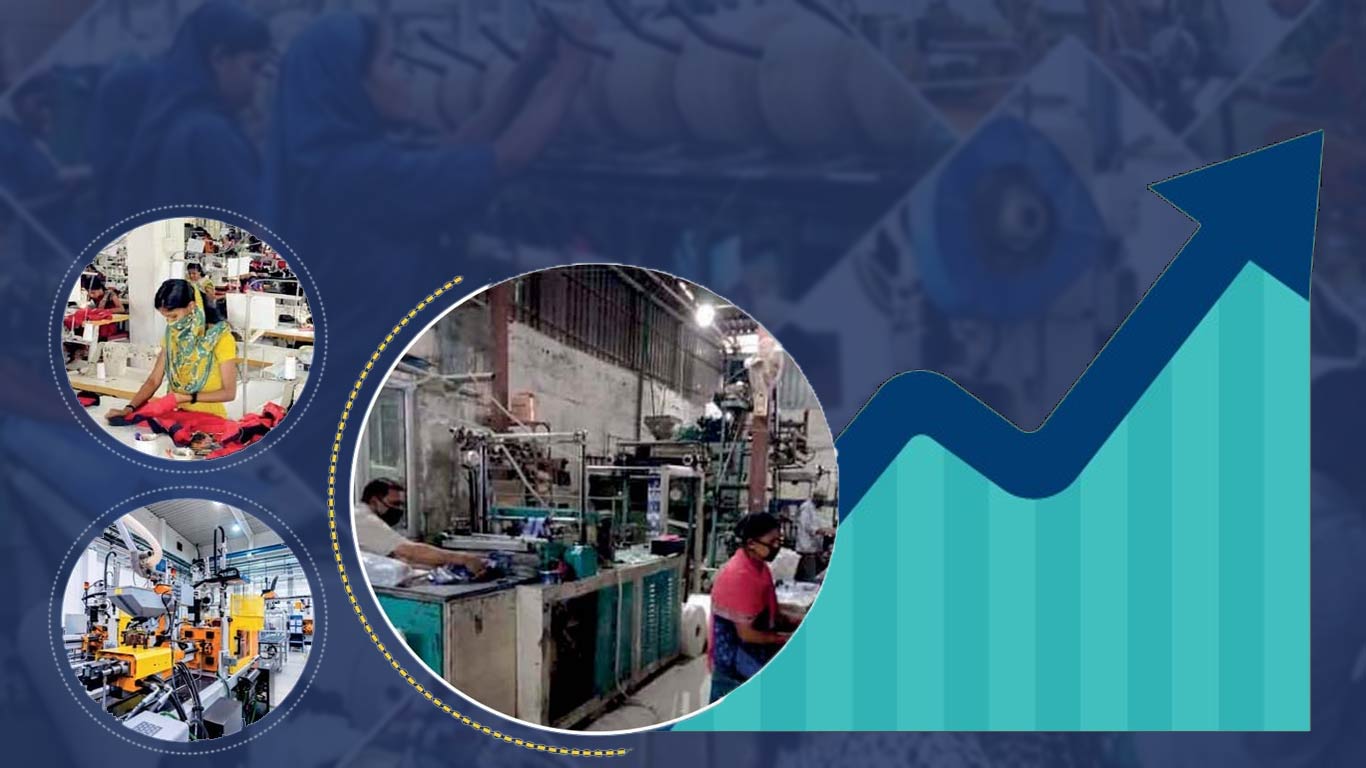





